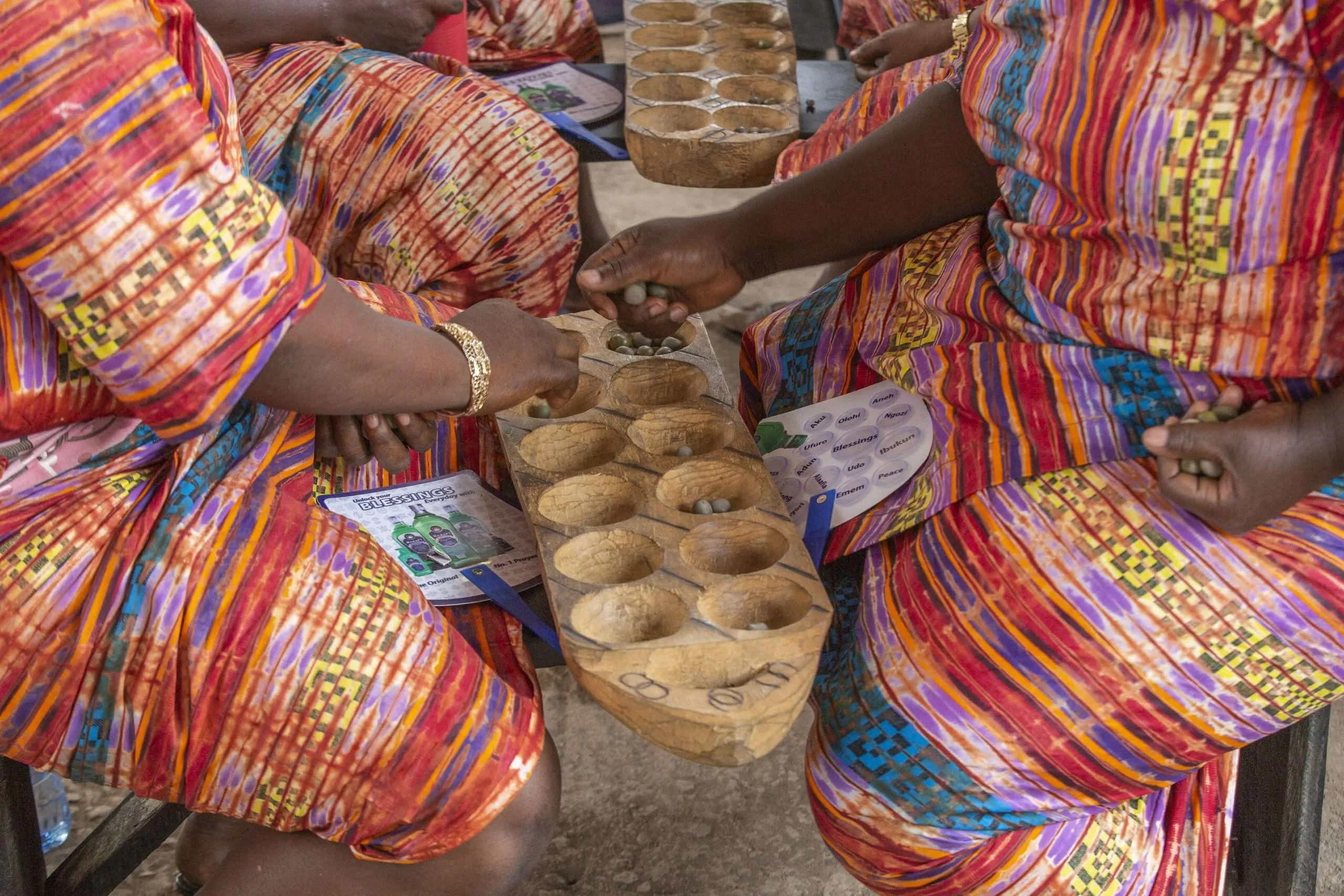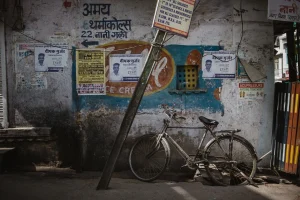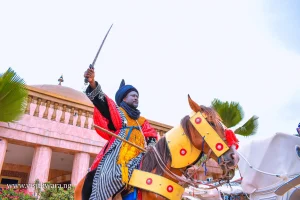This piece explores the Yoruba culture, a traditional group in Nigeria. It gives analysis to the material items and non-material practices of this sub-Saharan, African ethnic group. By implication, this piece is a conceptual clarification on the features of Yoruba ethnic group, in the 21st century.
The Yoruba ethnic group is geographically located in the southwestern states of Nigeria, predominated by ancient migrants. But as a result of mutual interpersonal relationship with folks in other parts of Nigeria and in diaspora, the Yoruba ethnic group, with a close mark population of 80 million altogether, is widely spread over lands and overseas.
Commonly known, the Yoruba people mythology, either as a phylum of settlement or as individuals in diaspora, believe that the Yoruba foremen and descendants fundamentally evolved from two partly known stories.
In the first version, a group of migrants according to oral tradition is narrated to have moved from the east region of Nigeria into the present-day Ile-Ife. They were said to have been led by Oduduwa, who bore sons who founded neighboring Yoruba towns and Kingdoms.
The second narration speaks defensively on how the whole world was created in Ile–Ife by a divination oracle under the leadership and supervision of Obatala.
Despite these claims, archaeology findings done through radio-carbon dating suggests that Ile-Ife was a settlement between the 9th century and 12th century. Meaning that what is known today as ‘Yoruba land’ in the Federal Republic of Nigeria have been dominated since the medieval period.
The Yoruba ethnic group has her own practices. The way of life of the Yorubas is multifaceted.
In practice, coming in contact with a any typical Yoruba person is identifiable as cultural elements are ever evident. There are abstract and concrete characteristics of the Yoruba people in aspects which include religion, festivity, dance, music, food, clothing, language and in cultural value or belief.
Yoruba Culture and Language
Till today, there are diverse dialects still professed under the canopy of the Yoruba tribe. Across settlements in Yoruba lands—under the Southwest region of Nigeria—there are dialects seeming to be very similar, but each representing Yoruba sub-tribes. While considered to have diversified settlement, leadership and historical analysis depend on locality.
Language which is the motherboard of liberal art, according to Yoruba tradition, encompasses on and into poetry, proverbial sayings, and how folktales are orally told from generations to generation.
Poetry which trans-literarily in Yoruba language is called “ewì” is established to function in several ways, for several purpose. While some are designed compellingly to entertain, some are essential to perform social functions. Like during burials where dirge relatively is performed, called “rárà.” Or, for royal functions, where “epic poems” succinctly are performed.
Folktales, which set seal on the Yoruba ethnic groups’ conscious effort in building valuable individuals and societies, is a mainstream practice of story telling from times of the past. Folktales can be fictional and non-fictional stories narrated with the aim of impacting moral lessons, particularly to young minds.
On Evolving Political Structure
The Yoruba people who occupy Oyo, Osun, Lagos, Ondo, Ekiti and featurable parts of Kwara, Edo and Kogi States of Nigeria, in past times was formed into having political territories, exercised under the principle of monarchial rule. There are Kings or monarchs called the “Obas” featured across towns. They are single individuals with supreme power. And at grouped community levels there are community ambassadors called the “BÁÁLÈs,” who act as district supervisors.
Working with the ‘Oba’ being paramount rulers, there are Chiefs who partake, under the influence of the Obas’ royalty, in decision making, plan or idea suggestion, activation and supervision. In view of the concentrated monarchial practice which solely exercise judgmental and legislative functions in the past, there have been a touching effect in Yoruba Political Institution ever since the pre-colonial era. Monarchs today in their geographical locations, towns and villages work towards social development under the democratic grace of the Federal Republic of Nigeria, as constituted till today.
Yoruba Culture and Art
In Yoruba land, it is mind-boggling to see how societies have developed art greatly into several suggestive and sky-high innovations. In Yoruba practical use of art, there are fine artists, who traditionally engage in making drawings, painting and sculpture representation to express ideas, histories, or values.
In the making of basic home utensils, the Yorubas are largely good in the production and designing of fabrics, and also in the creation of house-hold items like plates, mug, and more. Pot making or pottery is one of the major craft which the indigenous people of Yoruba are devoted to, determined by locality.
Yoruba art has grown continually in the practice of crafts which include cloth weaving, mat weaving, beadwork, leather work, woodcarving, calabash decorations, smitting, dyeing or batik making.
Music production of the Yoruba genre accords to itself a thriving balance. It has been observed that music intrigues and has propagated the Yoruba population. People from other ethnic cities, because of the arresting music practice of the Yorubas, have been noted to be foreign residents in southwest Nigeria.
Yoruba music practice depicts judgement across emotions. Music of the Southwestern Nigeria background usually are composed to depict recent or ongoing occurences, or presages of things that might happen.
The Yorubas originally objectify music. There are genuine innovations of musical instrumentals like dundun, iya ilu, agidigbo, sekere, bembe, akuba, omele ako, omele abo, sakara, bata drum, ashiko, agbe, gudugugu, saworo and many more. (Indigenous musical instruments).
On Mode of Dressing
Yoruba Ethnic group has distinguished and indigenous wears and adornment, patterned to exhibit the full beauty of her people. Inherently, careful attention is given to outfits, because the Yoruba people believe that the way one dresses determines how one would be addressed.
There are established styles for males, different to what females wear. While males are attributed to wears like buba, esiki, sapara, dandogo, agbada, kembe, sooro, kamu, sokoto elemu, all of which are males native wears, females are traditionally portrayed in wears like iro, buba (similar to skirts and blouse) and heagears, natively called ‘gele’.
On Yoruba Culture and Food
Iyán called pounded yam has been noted to be the revered meal of the Yorubas. This traditional meal is well prepared and eaten with styles of soup like any well steamed vegetables.Other traditional foods indigenously prepared by the Yorubas include amala, eba, pupuru, ogi, egbo ati ewa, momoi (Ppudding bean) and more.
On Religion and Festivals
The Yoruba homeland ever since antiquity has based her cultural belief alongside cosmology. There are diviners and divinations. The Yorubas believe in the existence of the supernatural called “Olodumare.” Olodumare is believed to be the overseer of the world, and can be relatively called God.
In furtherance, the Yoruba ethnic group traditionally consults Ifá, a system of divination to make inquiry into the fate of a man or source resolution to any conflicting issue happening within or around the Yoruba Society. When consulting Ifa, being an oracle, traditional priests requests and make findings on vague issues through Orunmila. Orunmila, a deity, according to popular belief in the Yoruba Cultural system is said to be a god who was well involved in creation of the whole world.
Basic festivals in Yoruba tradition includes Masqurades displays, Osun osogbo festival, Odunde festival, eyo festival and more. In many of these festivals, foreign tourists and sociologists visit.
Final Thoughts on Yoruba Culture
The Yoruba people are bonded together through an amazing culture and can be found in Southwest Nigeria. By extension, there are the Igbohos, Ede, Ikoyi Igbo, Iresa and others under the Yoruba dynasty. The Yoruba people are steadily growing in population. Some groups of the Yorubas can be found in neighboring countries like Togo, Benin and part of Ghana.







